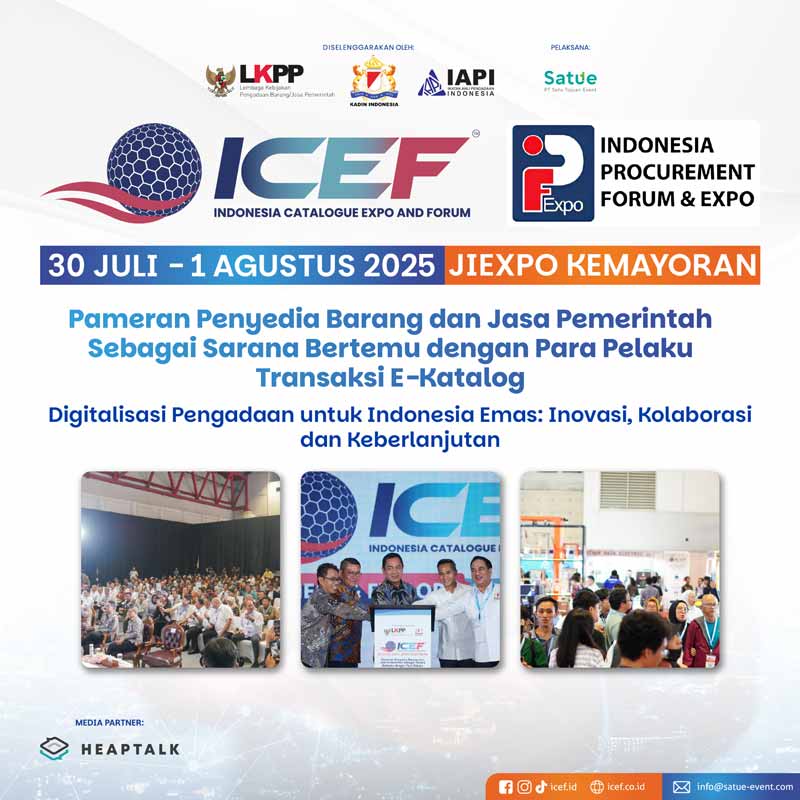Heaptalk, Jakarta — Hutama Karya, a state-owned enterprise (SOE) in construction services, development, and toll road management, is leveraging artificial intelligence (AI) to plan the Trans-Sumatra Toll Road project. The total investment is Rp20 billion, approximately US$1.27 million (US$1 equals Rp15,750).
The AI technology includes automated route determination for toll roads and digital topographic mapping. The company has used AI in planning this project since 2018, starting with automated route determination technology for the planned Pekanbaru-Padang toll road in the Pangkalan-Payakumbuh and Payakumbuh-Sicincin sections.
This state-owned enterprise has also applied AI in topographic mapping using unmanned aerial vehicle light detection and ranging (UAV LiDAR) technology since early 2020. This technology was applied in the planned Muara Enim-Lahat-Lubuk Linggau toll road and the Taba Penanjung-Lubuk Linggau section of the Bengkulu-Lubuk Linggau toll road.
Providing automatic route determination
According to Adjib Al Hakim, Executive Vice President (EVP) and Corporate Secretary of Hutama Karya, the AI technology for automatic route determination uses input data such as geometric road design, topography, land use, and costs. The AI then analyzes hundreds to thousands of potential route combinations and presents the best alternative toll road routes. This AI implementation is done in the initial stages, prior to feasibility studies, where toll road routes are not yet defined.
“Meanwhile, Hutama Karya is currently the only company that has used and implemented UAV LiDAR AI technology. This technology provides significant efficiency, saving up to 88% in time and 48% in cost for mapping the Trans-Sumatra toll road compared to conventional terrestrial methods. As a result, the toll road planning process can be completed faster and more efficiently while maintaining excellent quality,” said Adjib.
Furthermore, the UAV’s AI features enhance operational safety, enabling automatic takeoff, flight, hovering, and landing. The UAV can also make autonomous decisions when encountering hazards such as adverse weather, flight path obstructions, or electronic issues.
To ensure optimal AI implementation, the SOE has prepared effective human resource development programs, including training and expert mentoring, upgrading IT infrastructure compatible with AI, and conducting outreach to internal and external stakeholders. This ensures the technology is accepted, integrated into the culture, and used effectively in the planning stages for the Trans-Sumatra toll road.














